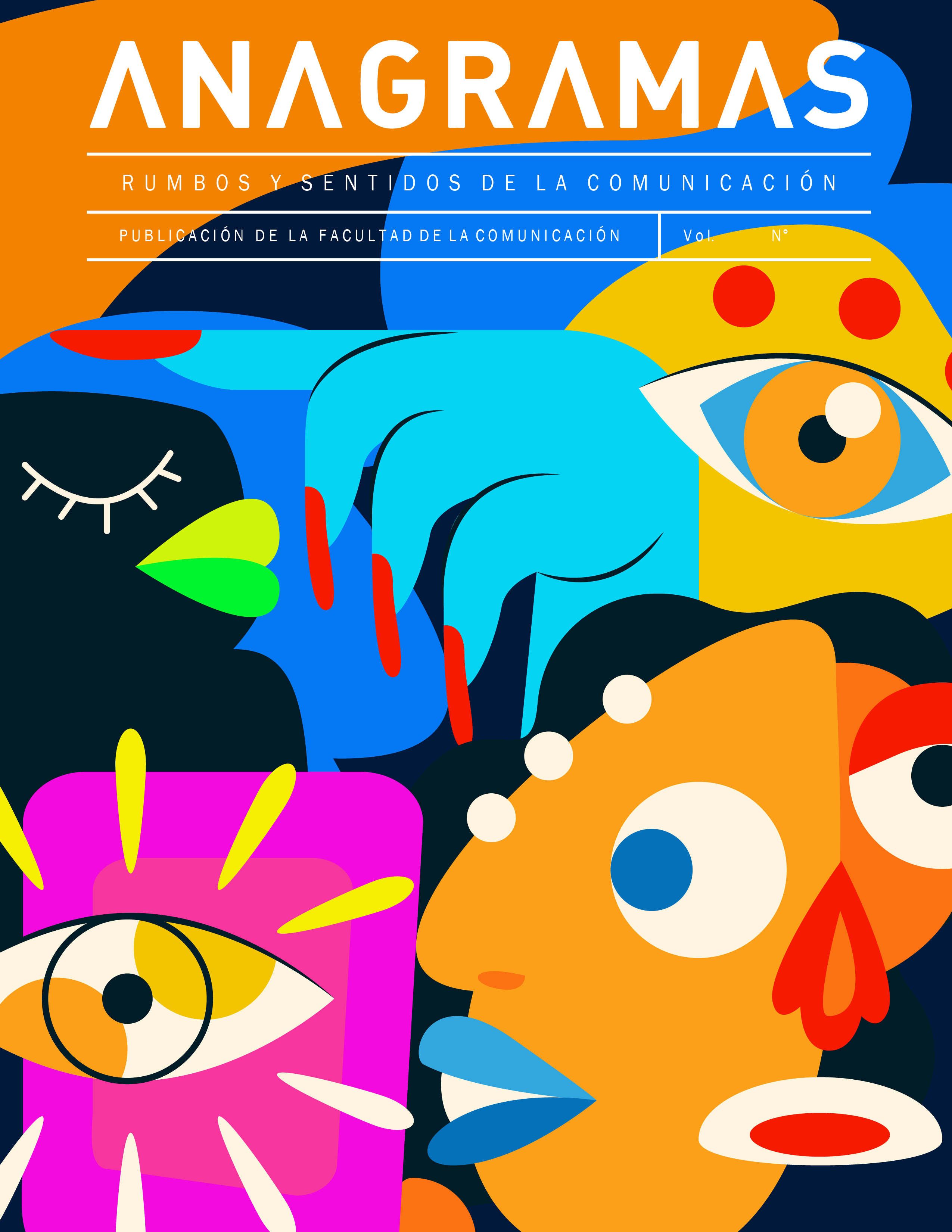Temporalities in/of Water: Interculturality in Bantos Iguape’s Oro Mimá, and Sued Nunes’ Velejo
Main Article Content
Abstract
This article presents a comparative reading of two music videos produced in the identity territory of Recôncavo da Bahia, Brazil, by artists also from Recôncavo, namely: Bantos Iguape, from the district of Santiago do Iguape, in Cachoeira, and Sued Nunes, a singer and composer from the city of Sapeaçu. The comparative readingaims to understand the relationships and cultural exchanges that are established between Afro-Brazilian and regional matrices. The methodological basis of the study is a comparative analysis of the bodies on the scene and oralitures to help emerge aspects from the clips related to water flows and their materializations in those audiovisual expressions, as well as memories and specific ways of sharing. As main findings, the article discusses how infrastructural networks control large spaces, starting in the periods of European colonialism and neocolonialism. It shows how rivers, bays, and oceans, are commoditized and how through musical expressions from the Recôncavo territory, these water bodies gain new meanings linked to the matrices of Afro diasporic cultures that made their home in the cities of the region. As individuals living on the margins give birth to a radical creative territory that sustains their subjectivities, they create a new place from which they can articulate their own worldviews. Finally, it identifies how multitemporalities referred to in the clips contribute to the construction of self-referenced imaginaries about the African diaspora in Brazil on a symbolic level.
Article Details
References
Bogado, A. & Cardoso Filho, J. (2021). Águas da baía e do araguaçu: paixões e política na obra da Rosza Filmes. In Anais do 30° Encontro Anual da Compós, 2021, São Paulo. Acesso em: 30 jan. 2024. https://proceedings.science/compos/compos-2021/trabalhos/aguas-da-baia-e-do-paraguacu-paixoes-e-politica-na-obra-da-rosza-filmes?lang=pt-br
Bogado, A., Alves Junior, F., & De Souza, S. (2020). Um estudo sobre performance, dispositivos de regulagem entre formas de vida e formas de imagem no documentário contemporâneo. In G. Almeida, & J. Cardoso Filho Comunicação, estética e política: epistemologias, problemas e pesquisas (pp. 265-280). Appris.
Buttler, E. O. (2017) Kindred. Rio de Janeiro: Editora Morro Branco.
Chiziane, P. (2020). Conferência de abertura do VI Congresso Internacional sobre Culturas. https://www.youtube.com/watch?v=408V3uNal5I&list=Pli-zUOp-BLf-qfhRub3R07-AhnDuonq2zf
Gunkel, H. (2021). Alien time. Being in vertigo. In H. Gunkel & A. Hameed (Eds.), Visual cultures as time travel (pp. 59-75). Goldsmiths, University of London, Sternberg Press.
Krenak, A. (2019). Ideias para adiar o fim do mundo. Companhia das Letras.
Krenak, A. (2022). Futuro ancestral. Companhia das Letras.
Martins, L. (2018). Afrografias da memória: o reinado do Rosário no Jatobá (2ª ed.). Perspectiva e Mazza Edições.
Martins, L. (2021). Performance do tempo espiralar: poéticas do corpo-tela. Rio de Janeiro: Cobogó.
Moten, F. (2020). A resistência do objeto: o grito de Tia Hester. Revista Eco-Pós, 23(1), 14-43. https://www.professores.uff.br/ricardobasbaum/wp-content/uploads/sites/164/2020/10/fredmoten_a-resist%C3%AAncia-do-objeto.pdf
Nascimento, A. (2019). O quilombismo: documentos de uma militância pan-africanista. Perspectiva.
Neimanis, A. (2017). Bodies of water: Posthuman feminist phenomenology. Bloomsbury.
Oyèwúmi, O. (2021). A invenção das mulheres: construindo um sentido africano para os discursos ocidentais de gênero. Bazar do Tempo.
Ratts, A. (2007). Eu sou atlântica: sobre a trajetória de vida de Beatriz Nascimento. Imprensa Oficial.
Rediker, M. (2011). O navio negreiro: uma história humana. Companhia das Letras.
Santos, A. B. dos (2015). Colonização, quilombos: modos e significados. UnB/incti.






